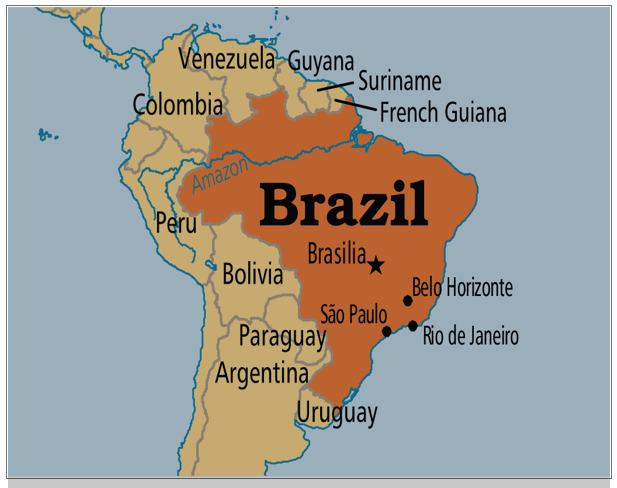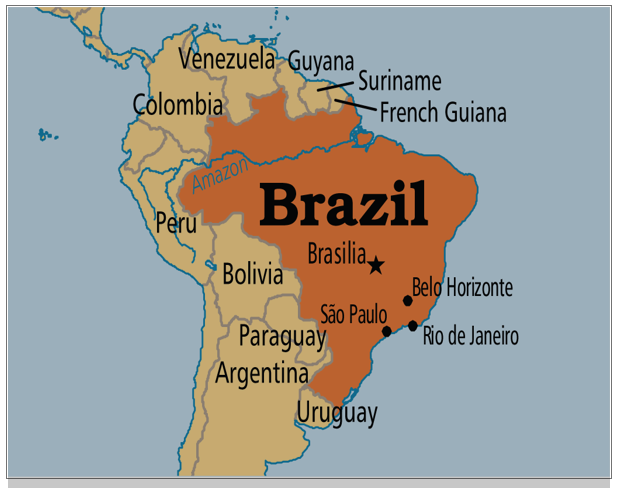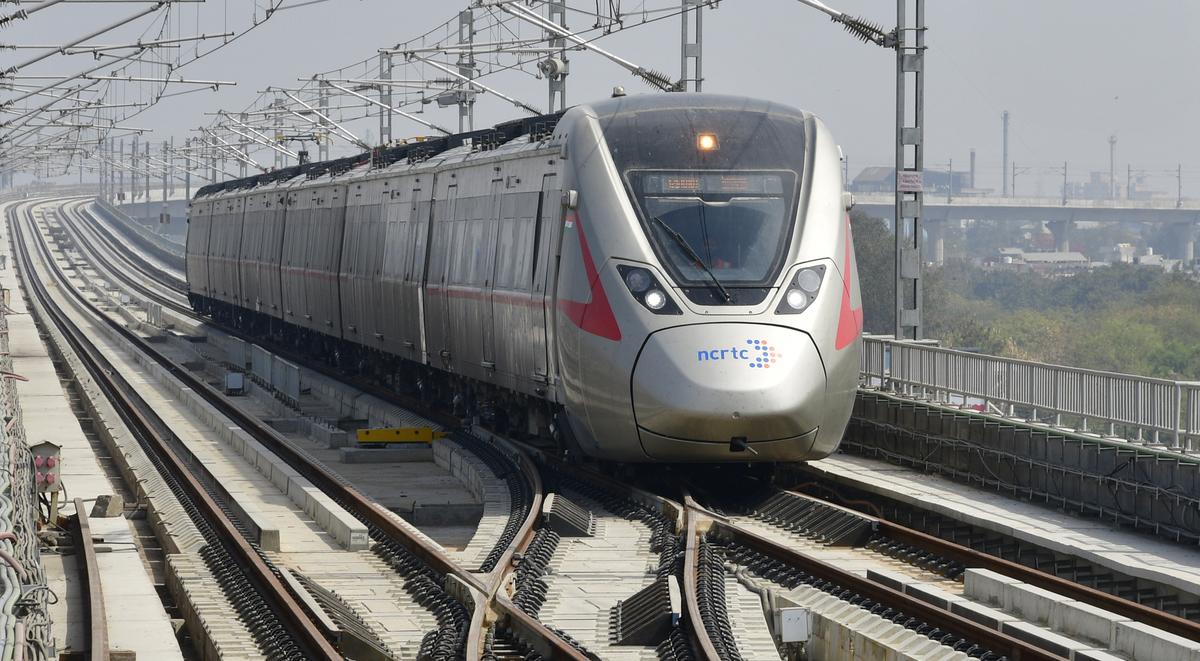- Courses
- GS Full Course 1 Year
- GS Full Course 2 Year
- GS Full Course 3 Year
- GS Full Course Till Selection
- Online Program
- GS Recorded Course
- NCERT (Recorded 500+ Hours)
- Polity Recorded Course
- Geography Recorded Course
- Economy Recorded Course
- AMAC Recorded Course
- Modern India, Post Independence & World History
- Environment Recoded Course
- Governance Recoded Course
- Science & Tech. Recoded Course
- International Relations and Internal Security Recorded Course
- Disaster Management Module Course
- Ethics Recoded Course
- Essay Recoded Course
- Current Affairs Recoded Course
- CSAT
- 5 LAYERED ARJUNA Mentorship
- Public Administration Optional
- ABOUT US
- OUR TOPPERS
- TEST SERIES
- FREE STUDY MATERIAL
- VIDEOS
- CONTACT US
India-Brazil Relations
India-Brazil Relations
13-09-2023

Latest Context:
Recently, India and Brazil released joint statements on the sidelines of G20 summit.

Key highlights of joint statements are:
- Both sides will work together to strengthen G-4 and L.69.
- G4 grouping of Brazil, India, Japan and Germany demands UNSC reforms.
- While, L.69 group includes developing countries from Africa, Latin America and Caribbean, Asia and Pacific. It also supports UNSC reforms.
- Brazil promised to support the Indian candidature for non-permanent seat of UNSC for 2028-2029 term.
- India welcomes Brazil’s presidency of BASIC (grouping of Brazil, South Africa, India and China) and supports Brazilian presidency of 30th Conference of Parties to UNFCCC (COP30) in 2025.
- Both sides agreed for expansion of India-Mercosur Preferential Trade Agreement (PTA) during Brazil’s Mercosur Presidency to leverage full potential of economic partnership. Basically, Mercosur is an economic and political bloc consisting of Argentina, Brazil, Paraguay, and Uruguay.
- Establishment of India-Brazil Business Forum for private sector collaboration.
- Both agreed to increase joint projects in partnership with International Solar Alliance and CDRI (Coalition for Disaster Resilient Infrastructure) in third countries.
About India-Brazil relations
- Diplomatic Relations: India and Brazil have diplomatic relations dating back to the early 1940s. Both countries are members of various international organizations, including the United Nations, BRICS (along with Russia, China, and South Africa), G20, and the WTO.
- Economic Relations: Trade and economic cooperation between India and Brazil have been growing over the years. The two countries have expressed the desire to expand trade and investment ties, particularly in sectors like agriculture, energy, pharmaceuticals, and information technology.
- Agriculture: Agriculture is a significant area of cooperation between India and Brazil. Both countries are major agricultural producers, and they have worked together on issues related to food security, sustainable agriculture, and trade in agricultural products.
- Energy: Brazil and India have explored opportunities for cooperation in the energy sector, including biofuels and renewable energy. Brazil has expertise in biofuel production, while India has been focusing on increasing its renewable energy capacity.
- Science and Technology: Collaboration in science and technology is an area of potential growth in the relationship. Both countries have expressed interest in joint research and development projects in fields such as space exploration, biotechnology, and information technology.
- Cultural Exchange: Cultural ties between India and Brazil are also promoted through activities such as cultural festivals, film exchanges, and academic collaborations. These exchanges help foster people-to-people connections.
- Global Issues: India and Brazil have often found common ground on global issues, such as climate change, multilateralism, and reform of international organizations like the United Nations Security Council. Both countries have advocated for a more prominent role for emerging economies in global governance.
- Challenges: Like in any relationship, India and Brazil have faced challenges, including differences in their trade policies and market access issues. However, both countries have sought to address these challenges through negotiations and dialogue.
Ques: Which of the below country is not a member of G-4?
a) US
b) Brazil
c) India
d) Japan
Ans. (a)
Must Check: Best IAS Coaching In Delhi


